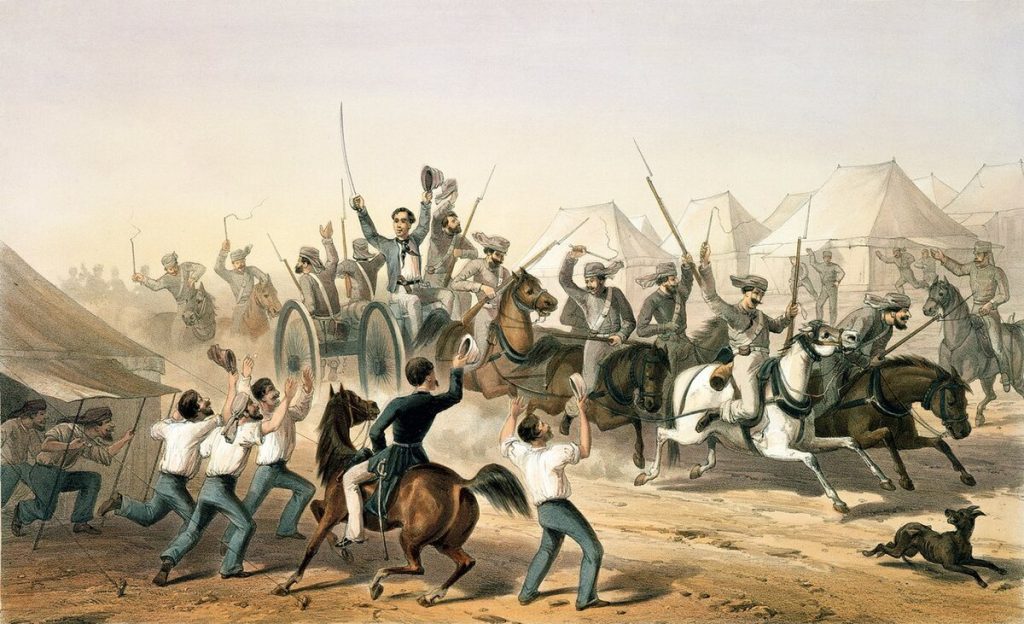Quick Links
Useful Links
- Services
- Privacy Policy
- Terms & Condition
- Contact Us
Get in Touch with Us
- support@dummyEmail.com

There are stories where heroes rise by fate. Then there’s Sword, Crown, and Quil, where a man is cast into another dimension, slapped with a mask, and told he’s a cosmic mistake. Allen “Reign” Odom isn’t here to play safe. He’s building something raw, genre-bending, and absolutely vital.
This blog isn’t about quests or levels. It’s about the mask and what it says about power, oppression, and the fight to reclaim yourself.
The Mask as a Weapon and a Wound
Malik Barnes, the protagonist, doesn’t get a sword or spellbook when he’s thrown into the Realm of Ether. He gets a mask. Not the cool kind. The kind that clamps down on your face, erases your name, and brands you as something less. A dreg. An outsider. A cosmic error.
But here’s the twist: the mask is more than tech. It’s a metaphor for systemic erasure. For the times you’re told you don’t belong. For the silent ways society labels people unworthy. Malik’s mask regulates his breathing, blocks his ether access, and marks him as a walking violation. It’s control tech. It’s fear in metal form.
Yet as the story unfolds, Malik doesn’t just wear the mask. He hacks it. He rewires it. And that, right there, is the heart of this book: turning oppression into adaptation, and adaptation into power. The mask becomes a new kind of identity—not self-imposed, but self-refined.
This Isn’t Your Typical LitRPG
Forget protagonists who rack up XP like candy. Malik starts with zero. No ether core. No magic. No class. The mask doesn’t upgrade him — it marks him defective. Every mechanic in the game world is designed to sideline someone like him.
And that’s exactly why this story matters.
Odom uses the LitRPG framework to show what happens when you’re born into a game rigged against you. Where the system doesn’t just ignore you — it punishes you. But through Malik’s grit, scavenging, and stubborn refusal to fade out, we see a different kind of progression. One that isn’t about gaining power, but about surviving it. It’s not about boss battles. It’s about breaking through systemic walls.
The World: Ether and Echoes of Reality
The Realm of Ether isn’t just a fantasy setting. It’s a mirror. One that reflects caste systems, gatekeeping, and the weaponization of purity. In this world, power is literalized as ether, and those without it are left to rot. Churches judge you. Guilds enslave you. And the city guards don’t need a reason to disappear you.
Malik doesn’t just fight monsters. He navigates bureaucracies built to crush him. He bartered with street vendors who sneer at his mask. He hides from inquisitors who see him as a threat to the divine order. And still, he walks forward. Each encounter forces him to think creatively, act strategically, and carry weight that others don’t see.
Rewriting the Role of the Hero
There’s a moment early in the book where Malik, half-dead in the wastelands, whispers: “At least I’m alive.” It’s not triumph. It’s defiance. A declaration that even when the system tries to erase you, survival is its own form of rebellion.
Malik doesn’t get a noble prophecy. He gets a cosmic sentence: serve as restitution for humanity’s transgression. He’s literally punished for being the nearest warm body. But what he does with that sentence — how he reclaims his agency, identity, and future becomes a rebellion that echoes beyond quests. His journey is less about destiny, more about defiance.
For Readers Who Want More Than Escapism
If you love cosplay, anime, and RPGs, this book checks all the boxes. But if you’ve ever felt overlooked, mislabeled, or written off, Sword, Crown, and Quil goes deeper. It digs into the emotional terrain of being the anomaly. The etherless. The masked.
Allen Odom doesn’t write Malik as a victim. He writes him as a builder. A fighter. Someone who learns to weaponize the very thing meant to keep him down. That mask? It doesn’t come off. It evolves. It speaks, analyzes, warns, and—eventually—guides. What began as a muzzle becomes a mouthpiece of resistance.
The Mask Is the Message
There’s no shortage of masks in fiction. But Odom’s stands apart. It’s not a disguise. It’s a transformation. And when Malik begins to forge his path — not despite the mask, but through it — it becomes a statement.
He might be etherless. But he is never powerless.
Final Thought
In Sword, Crown, and Quil, Allen Odom builds a world that dazzles. But it’s the deeper layers—the social critique, the character resilience, and the fight to rewrite your own story—that make it unforgettable.
Read this book if you want more than adventure. Read it if you want resistance. Read it if you want to believe that sometimes, survival is the revolution.
we’ll send you a nice letter once per week. no spam.
© Copyright 2025 allen odom . All Rights Reserved
